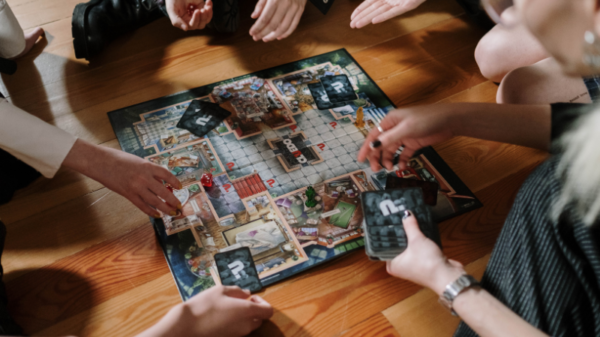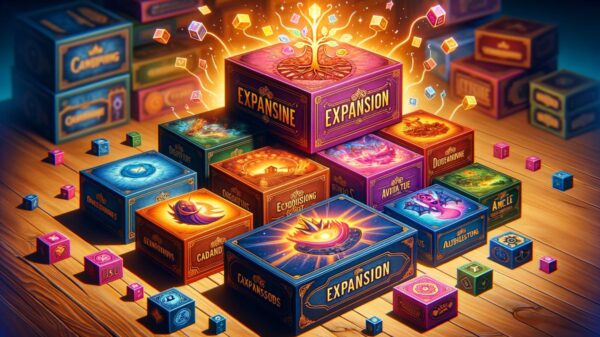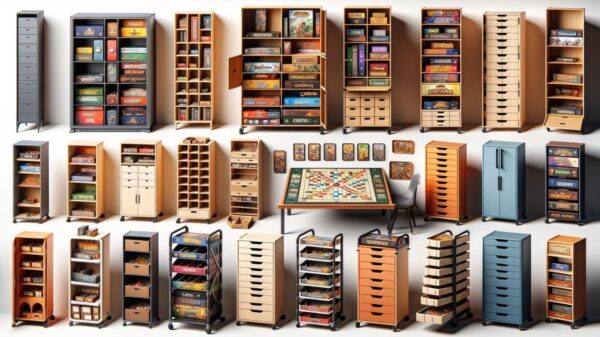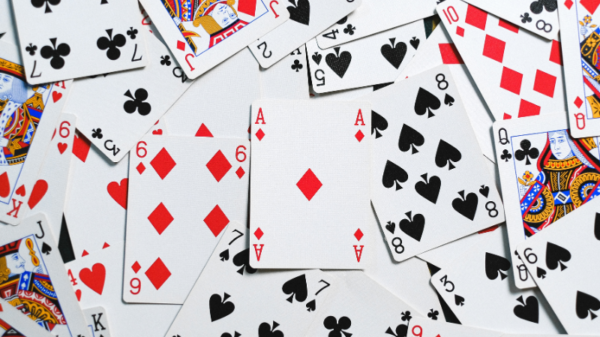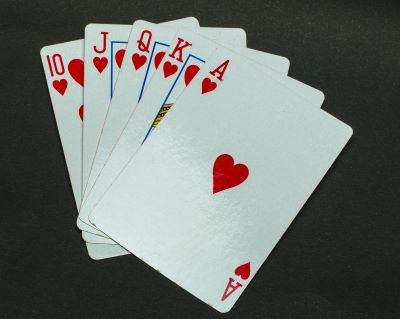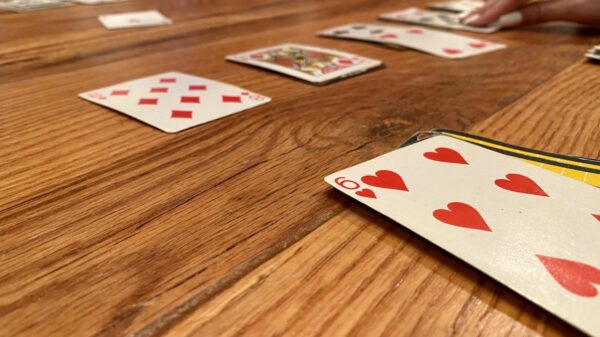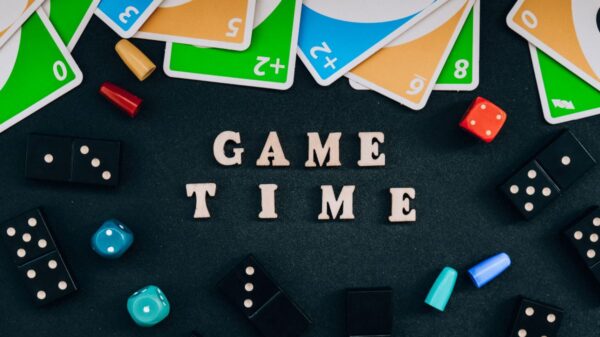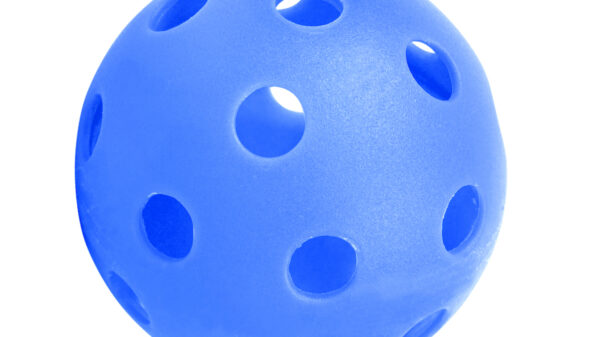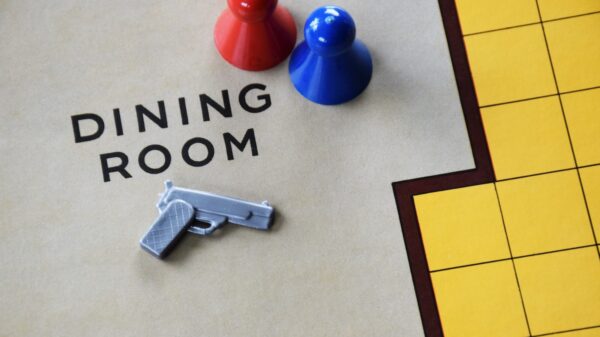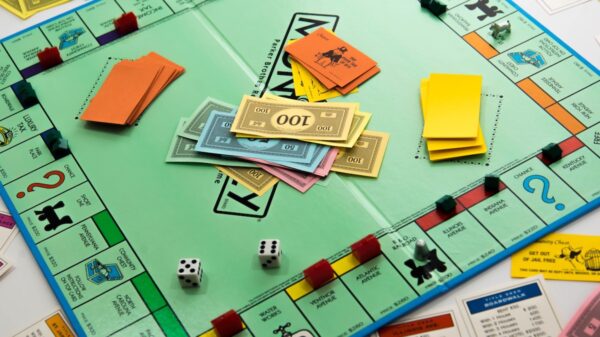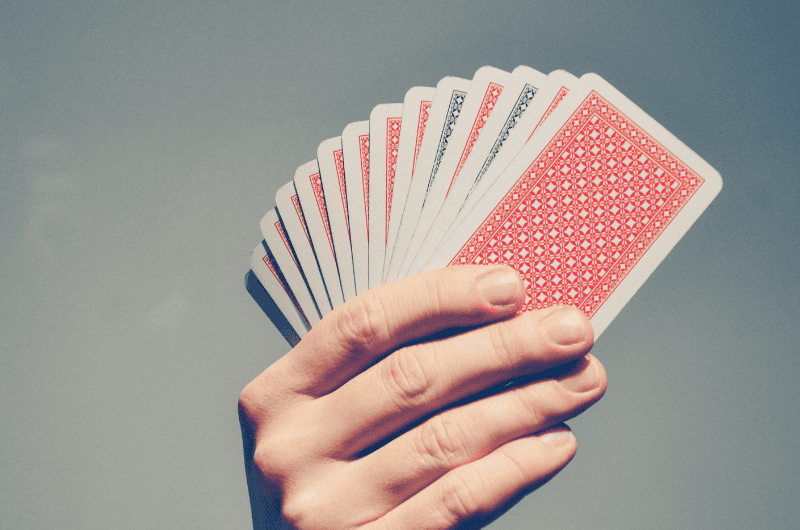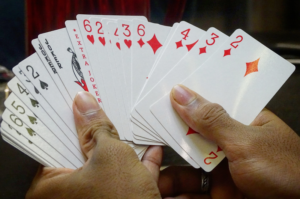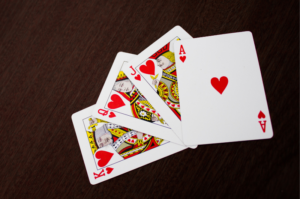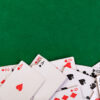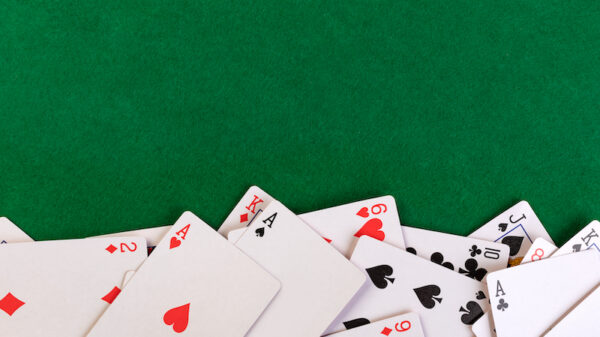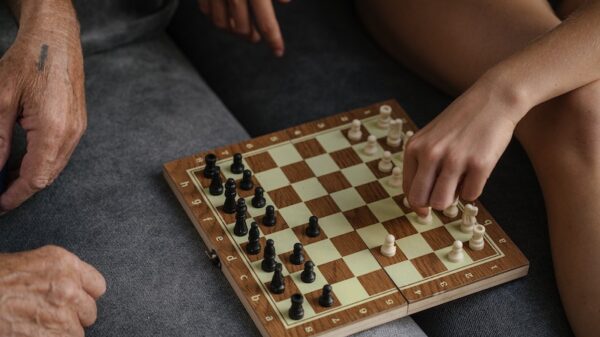The Card Game Trash: How to Play Guide
Are you looking for a fun and engaging card game to play with friends and family? Look no further than Trash! Also known as Garbage or Junkyard, this exciting game is easy to learn but offers endless opportunities for strategy and skill. In this guide, we’ll walk you through the rules, provide helpful tips, and explore different variations of the game. Get ready to dive into the world of Trash and become a master of this entertaining card game!
How to Play the Card Game Trash
Trash is a fast-paced card game that requires quick thinking and a bit of luck. The objective is to be the first player to arrange your cards in a specific sequence. Let’s dive into the step-by-step guide on how to play the card game Trash:
- Gather the Required Materials – To play Trash, you’ll need a standard deck of 52 playing cards. Shuffle the deck thoroughly to ensure random card distribution.
- Determine the Dealer – Decide on a dealer through a fair method, such as drawing cards or rotating turns. The dealer will be responsible for distributing the cards to all players.
- Deal the Initial Hands – The dealer starts by dealing ten cards face down to each player. The remaining cards are placed facedown in a draw pile.
- Understanding the Card Hierarchy – In Trash, the card hierarchy is as follows:
- Aces: Aces are high cards and hold the highest value.
- Number Cards: Number cards from 2 to 10 hold their face value.
- Face Cards: Jacks, Queens, and Kings are worth 10 points each.
Remember, the objective is to arrange your cards in a specific sequence, so keep the hierarchy in mind.
- Begin the Game – The player to the left of the dealer takes the first turn. They draw one card from the draw pile and quickly assess whether it can replace any of their existing cards. If so, they discard the card they wish to replace and place the new card in that position.
- Building Sequences – The game revolves around building sequences of cards in ascending order. For example, if you have a 3 of hearts, you can replace it with a 4 of any suit.
- Example Scenario: You have a 3 of hearts, and the card at the top of the draw pile is a 4 of spades. You can discard the 3 of hearts and replace it with the 4 of spades, as it is the next card in the sequence.
- Discarding Cards – Players continue drawing cards from the draw pile and discarding cards from their hands until they have no valid moves left. At this point, they discard one card face up next to the draw pile.
- Moving to the Next Player – Once a player has discarded a card face-up, it is the next player’s turn. They continue the process of drawing and discarding cards as described above.
- Unlocking the Trash Can – The trash can represents the next set of cards that players can use to replace their existing cards. To unlock the trash can, a player must discard a card with a value corresponding to the number of cards in their hand.
Example Scenario: If a player has five cards in their hand, they must discard a 5 (any suit) to unlock the trash can.
- Completing a Round – The round continues as players take turns drawing and discarding cards until one player successfully arranges all their cards in sequence. This means they have no more valid moves and have discarded all their cards face up.
- Scoring – Once a player has completed their sequence, the round ends, and scoring begins. The remaining players count the number of cards left in their hands and score one point for each card. The player who completed their sequence scores zero points for that round.
- Starting the Next Round – After scoring, a new round begins with the same dealer. Players gather their cards, shuffle the deck, and redistribute ten cards to each player. The game continues with players aiming to be the first to complete their sequence in each round.
- Winning the Game – The game continues for multiple rounds until a player reaches a predetermined score limit, such as 100 points. The player with the lowest score at the end of the game is declared the winner.
Variations of Trash
Trash is a versatile game that allows for various modifications and alternate rules. Here are a few popular variations you can try:
- Reverse Trash – In Reverse Trash, players aim to arrange their cards in descending order instead of ascending order. The rest of the rules remain the same.
- Speed Trash – Speed Trash is a more fast-paced version of the game. Players are allowed to discard and replace cards simultaneously, resulting in quicker gameplay.
- Wildcard Trash – In this variation, a specific card or suit is designated as a wildcard. The wildcard can be used to replace any card in a player’s sequence, regardless of its value or suit.
- Block Trash – Block Trash introduces the concept of blocking opponents. If a player has a card that can replace an opponent’s card and prevent them from completing their sequence, they can choose to block them.
- Multiple Sequences – Instead of aiming for a single sequence, players can attempt to complete multiple sequences of cards. This adds an extra layer of complexity and strategy to the game.
FAQs (Frequently Asked Questions)
- Can I play Trash with a different number of cards? No, Trash is traditionally played with a standard deck of 52 playing cards.
- What happens if I can’t make a valid move? If you cannot make a valid move, you must discard one card face up next to the draw pile, and it becomes the next player’s turn.
- Can I rearrange my discarded cards? No, once you have discarded a card, it cannot be rearranged. The discarded cards remain visible to all players throughout the game.
- Is there a penalty for discarding the wrong card? In most versions of Trash, there is no penalty for discarding the wrong card. However, some variations may introduce penalties for certain moves.
- Can I look at the cards in the draw pile? No, in Trash, players are not allowed to look at the cards in the draw pile until it is their turn to draw.
- Is Trash suitable for children? Yes, Trash is a family-friendly game suitable for children and adults of all ages. It helps develop strategic thinking and counting skills.
Conclusion
Now that you know how to play the card game Trash, gather your friends and family and get ready for hours of entertainment and friendly competition. Remember, Trash is a game of skill, strategy, and a little bit of luck. Explore different variations, experiment with tactics, and aim to be the first.
Strategies for Winning at Trash
To excel at the card game Trash, it’s essential to develop effective strategies that can give you an edge over your opponents. While the game involves an element of luck, employing smart tactics can greatly increase your chances of winning. Here are some strategies to consider:
- Stay Alert and Observe: Pay close attention to the cards being discarded by your opponents. This will give you valuable insights into the cards they need and the cards you should avoid discarding. Watch for patterns and try to anticipate their moves.
- Manage Your Discards: Be strategic with your discards. Consider the consequences of each card you discard, as it becomes available to other players. Discard cards that are less likely to benefit your opponents and potentially disrupt their sequences.
- Prioritize Unlocking the Trash Can: Unlocking the trash can is crucial in Trash, as it gives you access to a new set of cards that can improve your sequences. Be mindful of the number of cards in your hand and plan your discards strategically to unlock the trash can promptly.
- Focus on High-Value Cards: Aces and face cards are valuable in Trash, as they hold higher point values. Try to incorporate them into your sequences early on to maximize your score while minimizing the number of cards left in your hand.
- Delay Blocking Moves: If you have a card that can block an opponent’s sequence, consider holding onto it until the timing is optimal. By delaying your blocking moves, you can disrupt their progress at a critical moment and potentially gain an advantage.
- Create Contingency Sequences: To minimize the risk of being stuck with cards that have no valid moves, aim to have multiple possible sequences in progress. This way, if a specific card is unavailable, you can focus on an alternative sequence while maintaining your progress.
- Bluff and Mislead: Trash is a game that involves some degree of deception. Consider bluffing by discarding cards that you don’t need or deliberately revealing cards that may mislead your opponents. This tactic can create confusion and disrupt their decision-making process.
- Adapt to Variations: If you’re playing a variation of Trash with special rules or wildcards, adjust your strategies accordingly. Understand the implications of these modifications and leverage them to your advantage.
- Play Mind Games: Use psychological tactics to influence your opponents’ moves. For example, show enthusiasm when discarding certain cards to make them seem valuable, encouraging opponents to prioritize those cards in their own sequences.
- Practice and Experience: Like any game, practice makes perfect. The more you play Trash, the better you’ll become at recognizing patterns, making strategic decisions, and adapting your gameplay.
By incorporating these strategies into your gameplay, you can improve your chances of success in the card game Trash. Remember to stay flexible, adapt to different situations, and enjoy the thrill of outsmarting your opponents on your path to victory.


